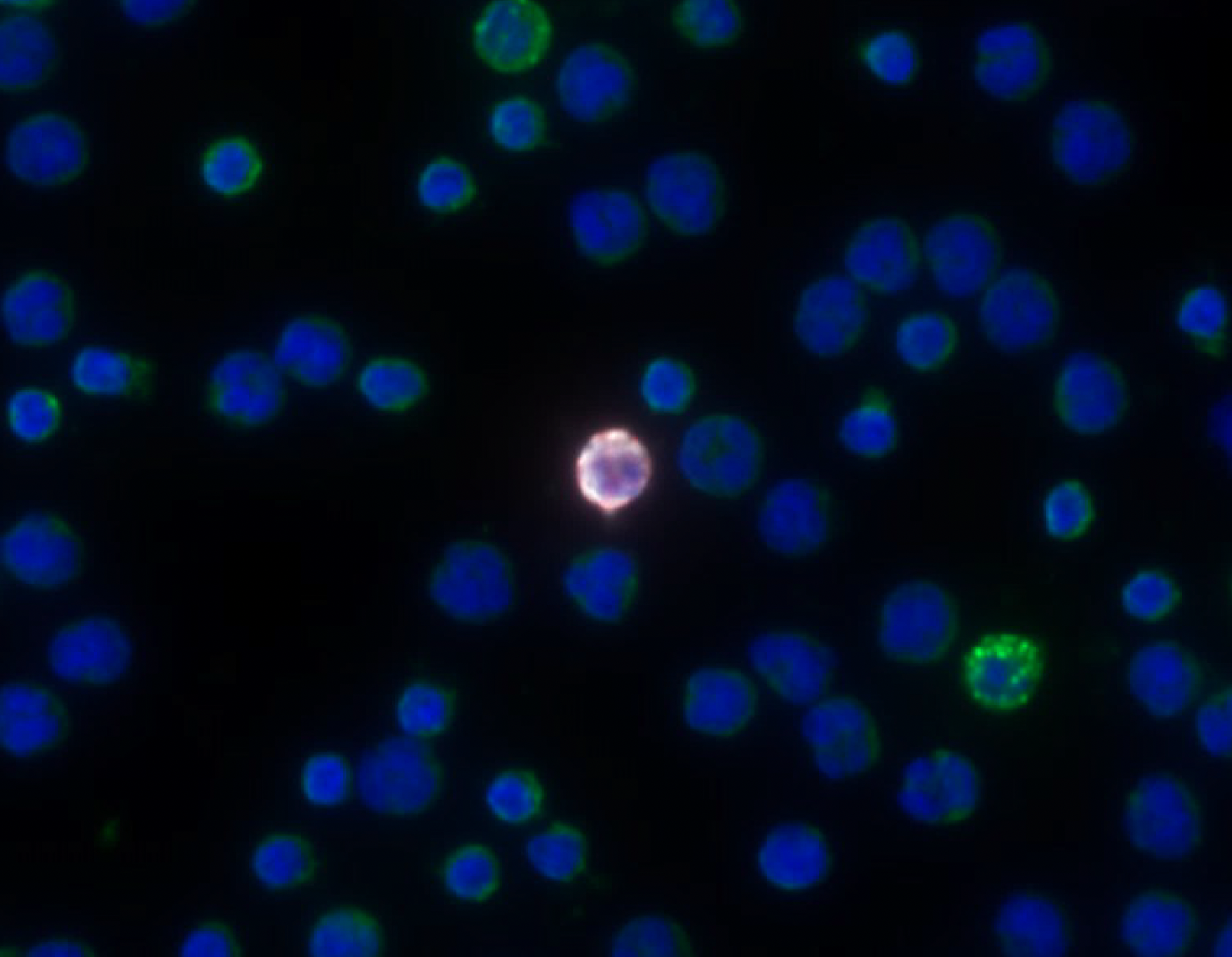Understanding Metastasis
Sometimes cancer cells will escape the prostate and grow quickly, spreading to nearby tissue. This is called metastasis. Nearby lymph nodes are often the first place to which cancer spreads. If prostate cancer has spread to your lymph nodes when it is diagnosed, it means that there is a higher chance that it has spread to other areas of the body as well.
If and when prostate cancer cells gain access to the lymphatic system, they can be deposited in various sites throughout the body. Prostate cancer cells can also gain access to the bloodstream and deposit at various sites, most commonly in bones, and sometimes in other organs such as the liver or lungs.
Even cancer that initially appears confined to the prostate may have spread. Studies using newer types of molecular imaging (for example, a PSMA PET scan) show that a substantial proportion of patients who seem to have localized prostate cancer actually have small deposits of metastatic disease.
Last Reviewed: 12/2023






